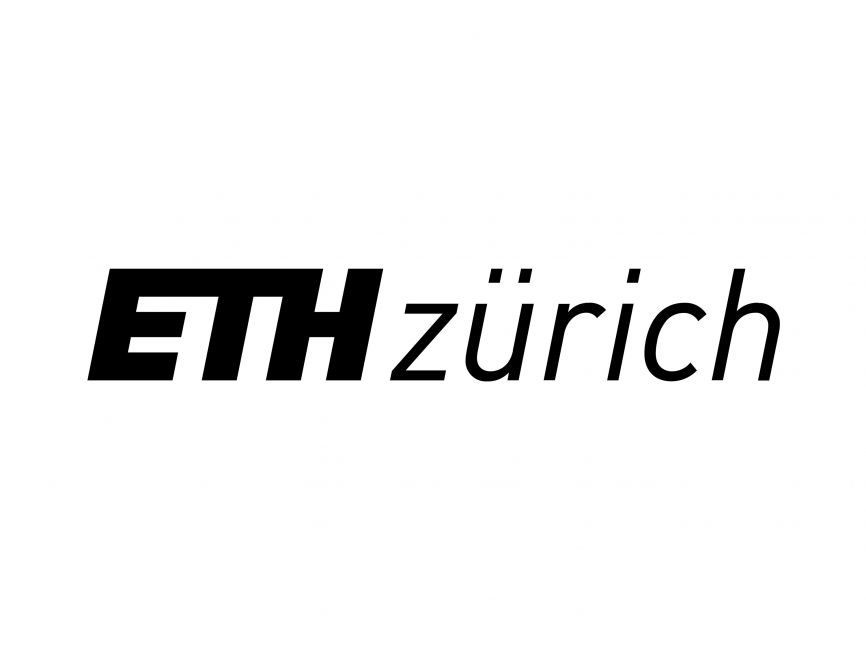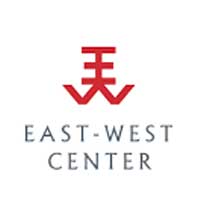DAAD Scholarship for Pakistani Students
DAAD Scholarship for Pakistani Students
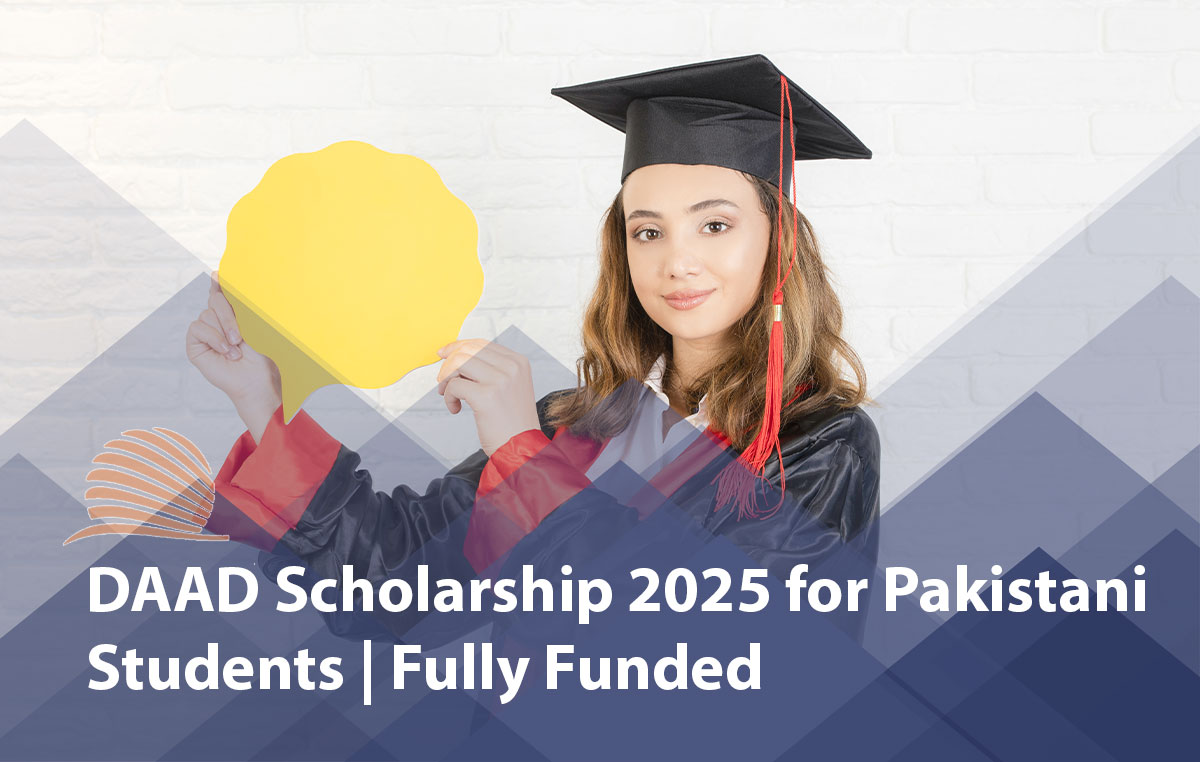
Study abroad expert advice
Don't waste time! just fill the form to get help.
DAAD Scholarships for Pakistani Students: Your Gateway to German Excellence
The DAAD scholarship program, administered by the German Academic Exchange Service, stands as one of the most prestigious and comprehensive funding opportunities for international students globally. For Pakistani scholars, it represents a golden gateway to Germany's world-renowned education system, which is celebrated for its rigorous academic standards, cutting-edge research facilities, and strong emphasis on practical, industry-relevant learning. The program is not merely a financial aid package; it is a holistic support system designed to cultivate the next generation of global leaders, researchers, and professionals.
Germany's appeal for Pakistani students is multifaceted. Beyond the obvious advantage of tuition-free or low-tuition education at public universities, the country offers a stable economy, a high quality of life, and a central location in Europe ideal for travel and cultural exchange. The DAAD, as the world's largest funding organization of its kind, facilitates this journey by bridging the gap between talented individuals and Germany's academic institutions. Its long-standing reputation ensures that a DAAD scholarship is a mark of excellence recognized by employers and academia worldwide.
Eligibility and Application Strategy for Pakistani Applicants
To be competitive for a DAAD scholarship, Pakistani students must typically hold an excellent four-year Bachelor's degree or a Master's degree, depending on the target program, with a strong academic record. A minimum of two years of professional work experience is a crucial requirement for most postgraduate courses. The application process is highly structured, requiring a meticulously prepared motivational letter, a detailed research proposal (for research-based programs), academic references, and proof of language proficiency, usually IELTS/TOEFL for English-taught programs or TestDaF/DSH for German-taught ones. Starting the process at least a year in advance is essential to meet all document attestation and submission deadlines.
Comprehensive Financial and Academic Support
The benefits of securing a DAAD scholarship are substantial and tailored to allow scholars to focus entirely on their studies. Recipients typically receive a monthly stipend of approximately 934 euros for postgraduate students or 1,200 euros for doctoral candidates, which is calculated to cover living costs in German cities. This is complemented by payments for health, accident, and personal liability insurance, a crucial support in a new country. Furthermore, the scholarship includes a travel allowance, a one-time study allowance, and in many cases, free intensive language courses to help students achieve proficiency in German, which is invaluable for daily life and integration.
Maximizing Your DAAD Scholarship Experience
Beyond funding, the DAAD offers unparalleled networking and career development opportunities. Scholars become part of a vast global alumni network, gaining access to exclusive seminars, workshops, and networking events. For Pakistani students, proactively engaging with the DAAD's regional office in Islamabad for pre-departure briefings and connecting with current scholars can provide invaluable insights. Success lies not just in winning the scholarship but in leveraging the entire ecosystem—from academic mentorship to cultural integration programs—to build a strong foundation for an international career, whether in academia, industry, or upon returning to contribute to Pakistan's development.
Germany, known for its world-class education, advanced research, and vibrant culture, offers outstanding opportunities for Pakistani students and researchers through the DAAD (Deutscher Akademischer Austauschdienst – German Academic Exchange Service) scholarships. As the world’s largest funding organization for international academic exchange, DAAD supports thousands of talented individuals every year, making it one of the most prestigious and competitive scholarships in Europe.
For Pakistani students, the DAAD Scholarship 2025 represents an incredible opportunity to pursue Master’s, PhD, or research programs in Germany — fully funded and internationally recognized. These scholarships aim to promote academic exchange, foster global partnerships, and empower future leaders to contribute to the sustainable development of their home countries.
Why Study in Germany with a DAAD Scholarship?
Germany has become a top destination for international education due to its high-quality universities, tuition-free system, and innovative research opportunities. The DAAD scholarship makes studying in Germany even more accessible by providing comprehensive financial support and additional benefits that help students focus on their studies and research.
Top DAAD Scholarship Programs for Pakistani Students
The DAAD offers various programs for different study levels. Below are the most popular DAAD scholarships for Pakistani students:
Master’s Scholarships
- DAAD EPOS (Development-Related Postgraduate Courses):
Ideal for students pursuing development-focused fields such as economics, engineering, social sciences, and public health. Requires relevant work experience. - Helmut-Schmidt-Programme (PPGG):
Aimed at future leaders in public policy and governance, helping participants strengthen democratic systems in their home countries. - Study Scholarships for Arts, Design, and Music:
Provides funding for creative and artistic fields, supporting talented individuals pursuing postgraduate degrees in the arts.
PhD Scholarships
- Full PhD in Germany:
Offers full funding to complete your PhD at a recognized German institution. - Joint PhD (Cotutelle) Programs:
Enables scholars to split their research between a German university and a Pakistani institution. - Research in Germany (Sandwich Model):
Allows doctoral candidates enrolled in Pakistan to conduct part of their research in Germany. - Scholarships for Medical Doctors:
Special programs supporting medical research and clinical studies.
Postdoctoral and Faculty Opportunities
- Research Stays for University Academics:
Short-term funding for Pakistani university faculty or researchers to carry out academic collaborations in Germany. - DAAD Re-Invitation Program:
Allows former DAAD scholars to return to Germany for continued research or project development.
Benefits of the DAAD Scholarship for Pakistani Students
Winning a DAAD Scholarship provides more than just financial assistance — it opens the door to professional growth, global exposure, and academic excellence. Here are the key benefits offered to DAAD scholars:
- Monthly Stipend
DAAD scholars receive a generous monthly allowance — approximately €934 for Master’s students and €1,300 for PhD students — to help cover living expenses in Germany. - Travel Allowance
A round-trip travel grant is provided to cover transportation from Pakistan to Germany and back after the completion of studies. - Comprehensive Health and Accident Insurance
Scholars receive health, accident, and personal liability insurance, ensuring full medical and safety coverage during their stay. - Tuition Fee Waiver
Most public universities in Germany charge little to no tuition fees. DAAD scholarships typically cover any additional academic fees required. - Language Course Funding
Depending on the program, DAAD funds German language courses to help students adjust academically and socially. - Research and Study Allowances
Additional financial support for research materials, conference participation, and thesis printing is often included. - Family Benefits
Scholars who bring family members may receive additional financial support for spouses and children. - Networking and Alumni Opportunities
DAAD maintains a strong international alumni network, allowing graduates to connect with researchers, universities, and professionals worldwide.
These benefits make the DAAD Scholarship one of the most attractive fully funded scholarships in Germany.
Eligibility Criteria for DAAD Scholarship 2025 (Pakistan Applicants)
Eligibility requirements vary slightly by program, but Pakistani students must generally meet the following criteria:
- Nationality
Applicants must be Pakistani citizens residing in Pakistan at the time of application. - Academic Qualifications:
- For Master’s scholarships, applicants must hold a four-year Bachelor’s degree with strong academic performance. The degree should not be older than six years at the time of application.
- For PhD scholarships, applicants must have a completed Master’s degree or an equivalent qualification along with relevant research experience.
- Language Proficiency:
- For English-taught programs, applicants should have an IELTS score of 6.0–6.5 or equivalent TOEFL
- For German-taught programs, a minimum of B1 proficiency in German (TestDaF or DSH 2) is usually required.
- Work Experience:
Certain programs, like the Development-Related Postgraduate Courses (EPOS), require at least two years of professional experience after the Bachelor’s degree. - Motivation and Research Proposal:
Applicants must submit a strong motivation letter and, for research-based scholarships, a detailed research proposal outlining their academic goals and relevance to Pakistan’s development. - Residency Rule:
Applicants who have lived in Germany for more than 15 months before applying are not eligible.
How to Apply for DAAD Scholarship 2025
The application process for DAAD scholarships is systematic but competitive. Follow these essential steps:
- Find a Suitable Program:
Visit the DAAD Scholarship Database and select the scholarship program matching your field and degree level. - Secure University Admission:
Most Master’s and PhD applicants must apply for admission to a German university first or at the same time as the scholarship. - Prepare Required Documents:
- Updated CV (Europass format)
- Motivation Letter / Statement of Purpose
- Degree certificates and transcripts
- Language proficiency proof (IELTS/TOEFL or German TestDaF/DSH)
- Recommendation letters
- Research proposal (for PhD and postdoc applicants)
- Apply Online via DAAD Portal:
Register on the official DAAD Portal, select the scholarship program, upload documents, and complete your submission. - Submit to the Relevant Office:
- For EPOS programs, apply directly to the German university; they nominate candidates for DAAD.
- For other programs, apply directly through the DAAD online portal.
- Confirm whether hard copies are also required by DAAD Islamabad.
Frequently Asked Questions (FAQs)
- Can I apply for a Bachelor’s degree through DAAD?
No, DAAD scholarships mainly support Master’s, PhD, and research programs. Bachelor-level scholarships are rare. - Is work experience mandatory?
Not for all programs. However, for development-related scholarships (EPOS), two years of experience is typically required. - Do I need university admission before applying?
For most programs, yes. Some exceptions (like EPOS) allow you to apply directly to the university, which then recommends you for DAAD funding. - What IELTS score is required?
Usually a minimum of 6.0 or 6.5, but requirements vary by program and university. - When is the application deadline?
Deadlines differ by program, but most are between July and November for the following academic year. Always check official DAAD listings. - Where can I get assistance in Pakistan?
Contact the DAAD Information Centre in Islamabad for personalized guidance and updates.
Conclusion: A Life-Changing Opportunity for Pakistani Scholars
The DAAD Scholarship 2025 offers Pakistani students a chance to pursue their academic dreams in one of the world’s most advanced education systems. With fully funded benefits, world-class research, and strong alumni networks, DAAD not only enhances your career but also contributes to Pakistan’s development.
If you’re passionate about studying abroad, Germany through DAAD is your gateway to academic excellence and global impact.
Related Popular Scholarships
| Scholarship Name | Type | Category | Action |
|---|---|---|---|
| Popular |
All Levels
|
View Details | |
| Popular |
All Levels
|
View Details | |
| Popular |
All Levels
|
View Details | |
| Popular |
All Levels
|
View Details | |
| Popular |
All Levels
|
View Details | |
| Popular |
All Levels
|
View Details | |
| Popular |
All Levels
|
View Details | |
| Popular |
All Levels
|
View Details | |
| Popular |
All Levels
|
View Details | |
| Popular |
All Levels
|
View Details |

Get Latest Scholarships in Your Email
Subscribe to our scholarships alert and get notified for every new scholarships of your choice

Subscribe to Scholarship Alerts
Get the latest scholarships delivered to your inbox
Thank You!
You've successfully subscribed to our scholarship alerts.
Redirecting in 3









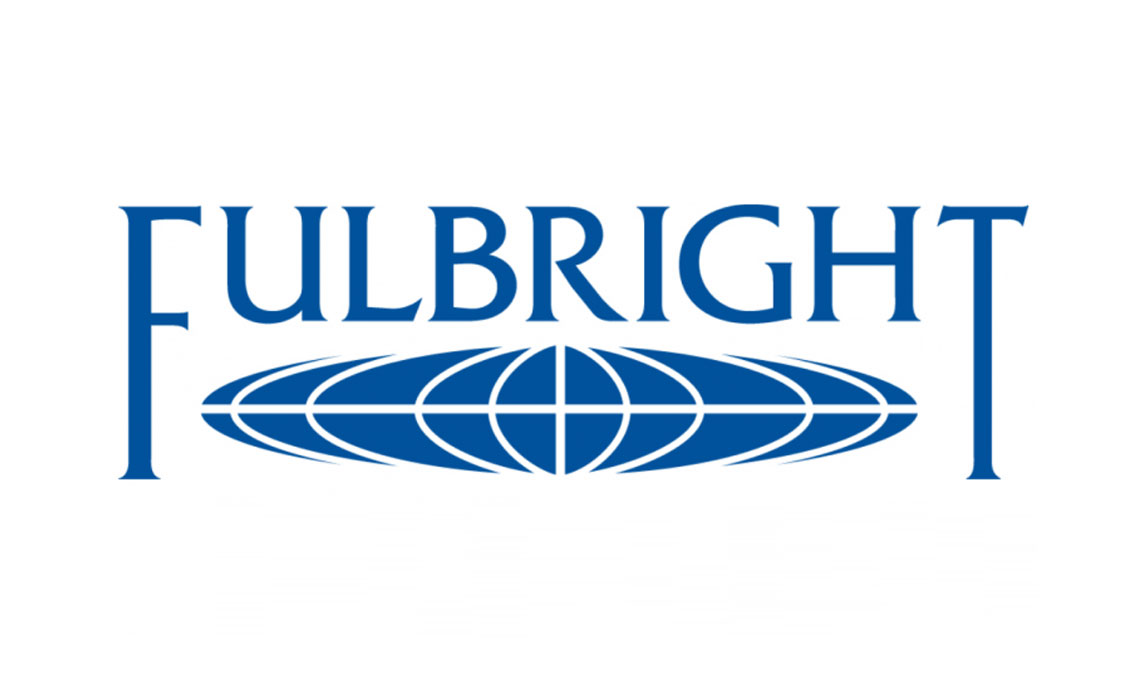
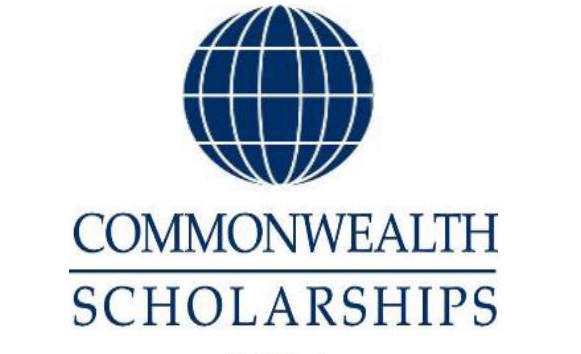

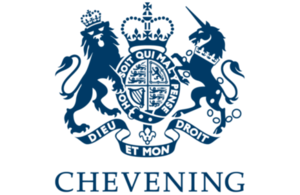
.jfif)
